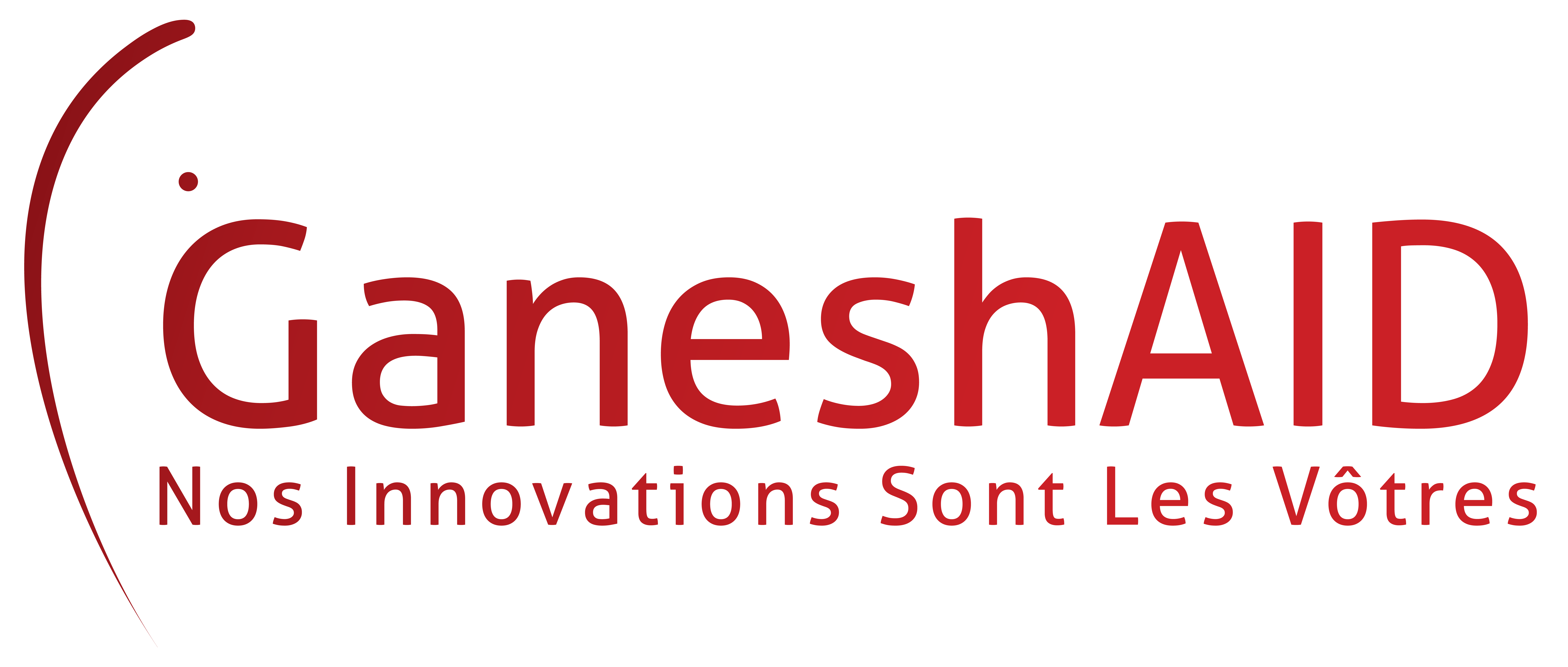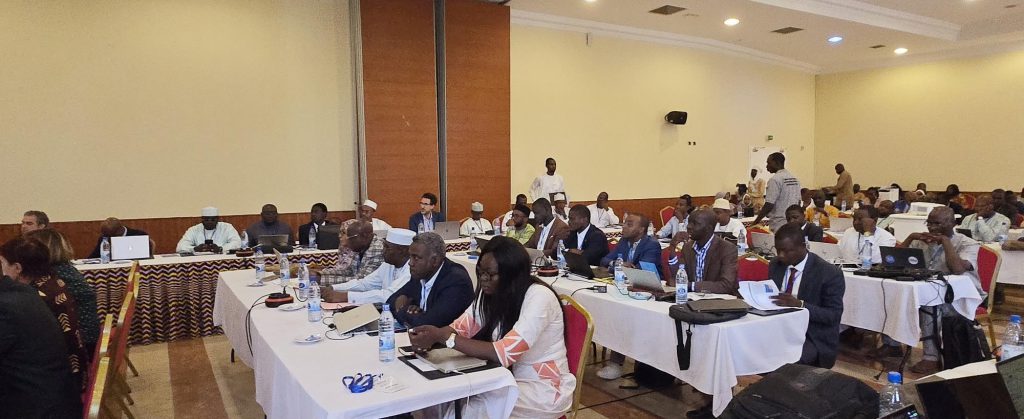In a high-stakes effort to secure funding from Gavi, the Vaccine Alliance, Chad’s Ministry of Health is leading the process, supported technically and strategically by GaneshAID, a global health consultancy.
Leading GaneshAID’s efforts were Dorothy Leab, CEO and founder; Dr. Franck Bété, Africa regional director; Perside Sagbohan, public health project management lead; and Dr. Lazare Ndjounoubi, project coordinator. Their work has positioned Chad to make a compelling case for expanded vaccine access.
A Critical Evaluation
The IRC, an external body of international experts in public health, finance, logistics, and governance, evaluates the quality, coherence, and feasibility of funding proposals submitted under Gavi’s Full Portfolio Planning framework. The workshop’s goals were clear: deepen understanding of IRCexpectations, finalize thematic dossiers, align presentations across departments, and equip national health officials to engage confidently with the committee.
GaneshAID’s team played a central role, providing technical assistance, coaching, and logistical support to Chad’s Directorate for Immunization (DLMVSE), technical partners, and service heads. Their efforts focused on ensuring that Chad’s proposals addressed critical areas, from equitable vaccine access to robust governance.
Comprehensive Support
GaneshAID’s contributions were multifaceted. The team structured presentations to meet Gavi’s requirements, coached officials to deliver clear and unified messages, and harmonized strategic communications emphasizing Chad’s commitment to feasibility, equity, and accountability. Logistically, they supported documentation and workshop organization, ensuring seamless preparation for the IRC mission.
The briefing detailed progress across key areas:
- Coverage and Access: Strategies to address regional disparities and reach rural and nomadic populations through enhanced micro-planning and community outreach.
- Service Delivery: Plans to improve the frequency and quality of vaccination sessions, particularly in sparsely populated regions.
- Engagement Communautaire: Initiatives to boost vaccine demand via campaigns involving traditional and religious leaders and civil society organizations.
- Data Systems: Advances in integrating DHIS2 to improve data quality and decision-making.
- Supply Chain: Upgrades to cold chain equipment and preparations for introducing vaccines like HPV and R21.
- Human Resources: Efforts to address uneven staff distribution and absenteeism through training and integrated HR plans.
- Governance: Steps to strengthen intersectoral coordination and align budgets with immunization priorities.
Despite progress, challenges persist, including incomplete training plans and equipment forecasts. GaneshAID’s technical guidance helped identify these gaps and propose solutions, such as targeted equipment deployment and digital tool integration.
Preparing for Scrutiny
GaneshAID ensured Chad was ready for the IRC’s probing questions, which may focus on reaching unvaccinated children in remote areas, improving micro-planning, and ensuring data quality. The team facilitated mock interviews, developed cohesive presentation materials, and emphasized operational and financial realism. Strategic messages underscored alignment with national health priorities and Gavi’s expectations, while addressing IRC concerns like sustainability and readiness for new vaccines.
A Foundation for Success
On May 9, the IRC reviewed Chad’s proposal and gave it a 100% approval, further strengthening its case for Gavi funding. The team’s work, led by Mrs. Leab, Dr Bété, Mr. Sagbohan, and Dr. Ndjounoubi, reflects a commitment to advancing equitable health systems in resource-constrained settings.
In a country where vaccine access remains uneven, GaneshAID’s strategic intervention offers a blueprint for aligning national priorities with global health standards, potentially unlocking critical resources to protect Chad’s most vulnerable populations.

